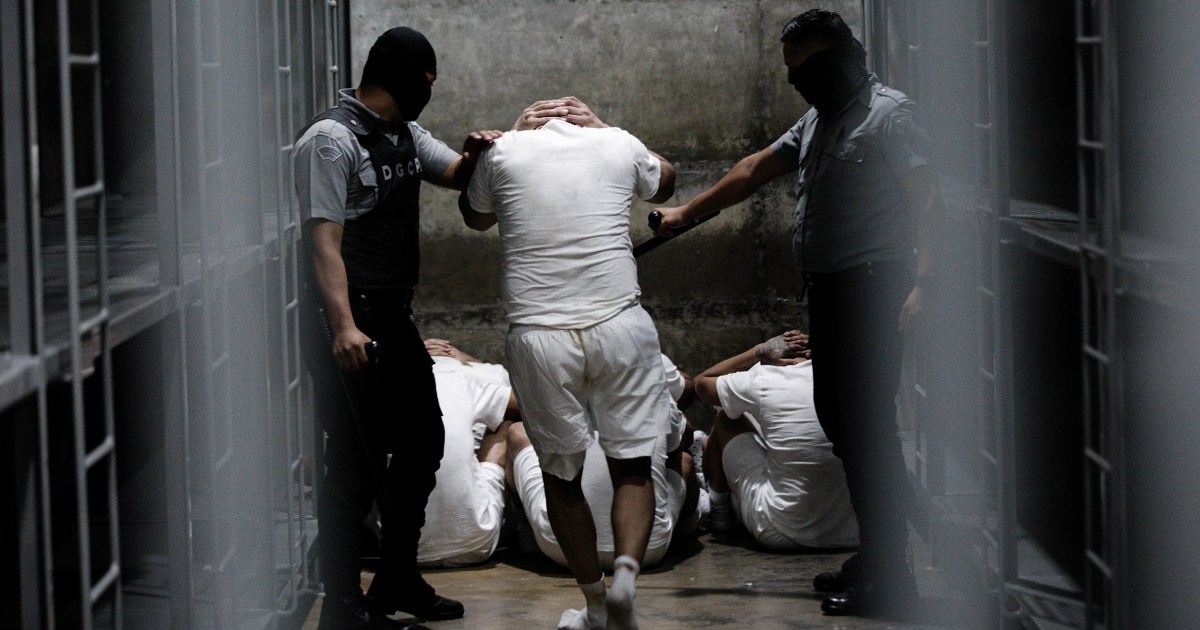Venezuelan Deported to El Salvador Amid Health Concerns

CARACAS, Venezuela – Concerns grow for a Venezuelan man, Wladimir Vera Villamizar, who underwent a rare lung surgery before being deported to an El Salvador prison, leaving his family in distress over his well-being.
Immediate Impact
Wladimir Vera Villamizar, a 33-year-old welder, had recently recovered from a severe tuberculosis infection that necessitated the removal of his right lung. Despite his fragile health, he was deported to the Center for the Confinement of Terrorism (CECOT) in El Salvador, a move that has left his family and rights groups alarmed.
Key Details Emerge
Vera’s health was deteriorating when he sought asylum in the United States last year. After his emergency surgery in January, he was detained again shortly after President Donald Trump took office. His deportation to CECOT, under emergency wartime powers, has sparked legal challenges and widespread concern.
“Since the last time I spoke to him on March 13, I’ve gotten no information about him,” said Mariela Villamizar, Vera’s mother.
By the Numbers
- 200+ Venezuelan men deported to CECOT
- 5+ hours: Length of Vera’s lung surgery
- 100+ days without contact with families
Background Context
The deportation order invoked the Alien Enemies Act of 1798, allowing the suspension of due process rights for noncitizens from hostile nations. This legal maneuver has prompted litigation questioning its constitutionality and its impact on individuals like Vera, who have severe health issues.
Expert Analysis
Legal experts argue that previous criminal convictions should not strip individuals of their procedural rights. Baher Azmy, Legal Director for the Center for Constitutional Rights, emphasized the importance of these rights regardless of past convictions.
“The fact that he had a prior criminal conviction can in no way deprive him of his procedural rights,” Azmy stated.
Medical Concerns
Medical professionals express grave concerns about Vera’s health post-surgery. Dr. Kiran Lagisetty, a thoracic surgeon, highlighted the risks associated with detaining a patient so soon after a pneumonectomy.
“When a patient starts coughing, we treat it very seriously,” Lagisetty said.
Regional Implications
The deportation of Vera and others has raised alarms among human rights organizations and families, who fear for the detainees’ safety and access to necessary medical care. Together and Free, a nonprofit organization, has documented several cases of detainees with pre-existing medical conditions.
What Comes Next
As legal battles continue, families like Vera’s remain in a painful limbo, desperate for news of their loved ones’ safety and health. The U.S. State Department and Department of Homeland Security have yet to provide clarity on the situation, leaving many questions unanswered.
The unfolding situation underscores the complex interplay between immigration policy, human rights, and healthcare, with significant implications for future deportation practices and the treatment of vulnerable individuals.






